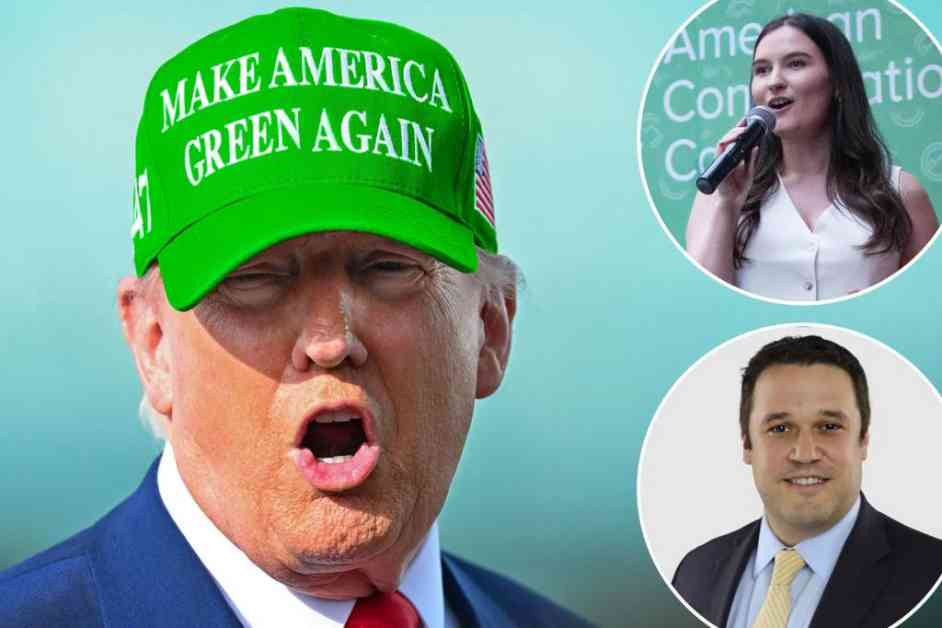Ever since President Trump took office, he’s been on a mission to overhaul the environmental policies set in place by his predecessor, Joe Biden. Trump’s first move was to withdraw the United States from the Paris Agreement on climate change, followed by freezing funding for various environmental programs and clean energy initiatives. While this has sparked outrage among left-wing environmentalists, a new generation of eco-warriors is emerging, blending conservative values with a passion for environmental conservation.
Conservative Eco-Warriors Rising
Despite Trump’s controversial decisions, a growing number of environmental advocates are embracing conservative ideologies while championing green initiatives. Organizations like the American Conservation Coalition (ACC), founded by a group of college students in 2017, have seen a surge in membership and influence. Their mission is to bridge the gap between traditional environmental activism and right-leaning values, drawing inspiration from past Republican leaders who played pivotal roles in environmental conservation.
Danielle Butcher Franz, the CEO of ACC, believes that the key to engaging more people in the climate change conversation is to shift the narrative away from protests and disruptions. By rebranding environmentalism as a bipartisan issue that transcends political divides, eco-conservatives hope to attract a broader audience and foster meaningful change.
Redefining Environmental Priorities
Unlike their left-wing counterparts who focus heavily on solar and wind energy, conservative environmentalists advocate for a more diverse approach to energy policy. While the ACC supports nuclear power as a clean energy source, they also emphasize the importance of economic prosperity alongside environmental conservation. By promoting solutions that empower consumers to make informed energy choices, eco-conservatives aim to create a sustainable future that benefits both people and the planet.
Jeremy Harrell, CEO of ClearPath, another clean energy organization, echoes this sentiment, emphasizing the need for American technological innovations that reduce global energy emissions. Despite Trump’s pro-fossil fuel stance, Harrell remains optimistic about advancing clean energy solutions under the current administration. By highlighting the economic benefits and national security implications of sustainable technologies, eco-conservatives hope to garner broader support for their cause.
In a rapidly evolving landscape where climate change has become a polarizing issue, messaging and strategic branding play a crucial role in shaping public perception. By reframing clean energy initiatives as essential components of national security and economic growth, environmental organizations like ClearPath are paving the way for bipartisan cooperation on environmental issues.
Building Bridges Across the Aisle
As the political discourse around climate change continues to evolve, green conservatives are working to dispel stereotypes and engage a broader audience in the environmental conversation. By emphasizing common ground and shared values, organizations like the ACC are reshaping the narrative around environmentalism, making it more inclusive and accessible to individuals across the political spectrum.
With bipartisan initiatives like the Conservative Climate Caucus gaining momentum in Congress, there is growing optimism about the potential for collaborative environmental legislation in the years to come. By fostering dialogue, building relationships, and promoting innovative solutions, eco-conservatives are leading the way towards a more sustainable future that transcends political divides and unites diverse voices in the fight against climate change.
The evolving landscape of environmental advocacy reflects a broader shift in public perception and political engagement, highlighting the power of collaboration and shared purpose in addressing complex challenges like climate change. As green conservatives continue to redefine the boundaries of environmental activism, their efforts offer a glimmer of hope for a more sustainable, inclusive future for all.












